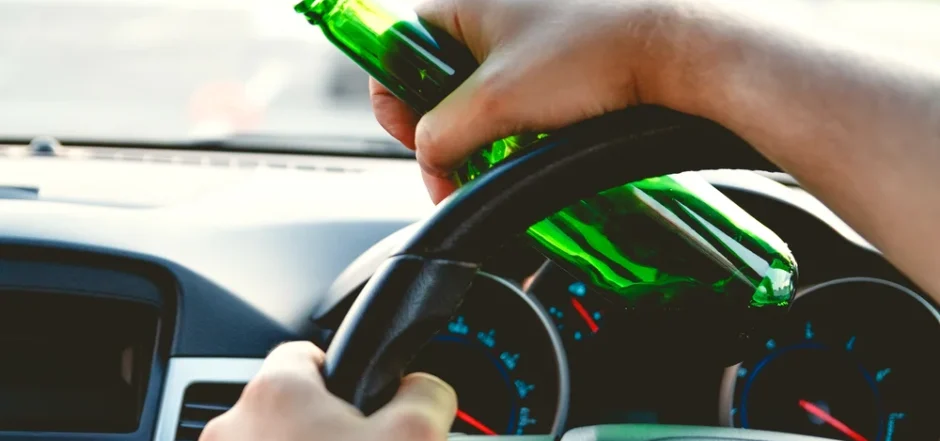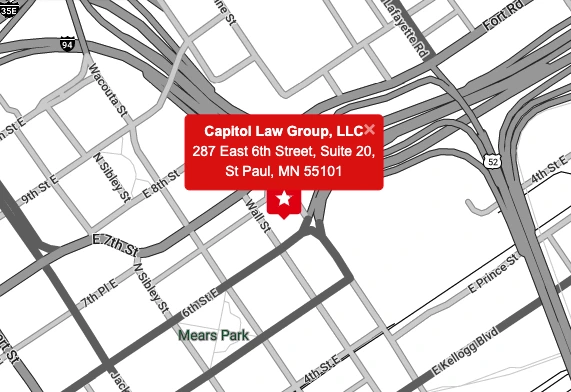St. Paul Criminal Defense Lawyers and DWI FSTs

Whether or not the defendant provides a chemical sample, the Field Sobriety Tests often play a significant role in DWI cases.
The FSTs may serve as probable cause for a chemical test. If officers did not have probable cause to demand a chemical sample, the subsequent test results may be inadmissible in court.
If the defendant refused to provide a breath or blood sample, Ramsey County prosecutors normally use the FSTs to establish guilt beyond a reasonable doubt. That’s almost always the case in DWI-drug cases, as there is no Breathalyzer test for drug use.
So, a St. Paul criminal defense lawyer must be ready to deal with the FSTs. The more an attorney can undermine these results, the better outcome the DWI case will have.
Commonly Used FSTs in Ramsey County
Before they administer FSTs, police officers must have reasonable suspicion of alcohol use. This standard is quite low. Evidence on this point includes bloodshot eyes and an odor of alcohol. This evidence does not establish intoxication or even consumption. For example, an odor of alcohol just means someone in the car had been in a place that serves alcohol. But this evidence is almost always enough to establish reasonable suspicion, which is basically an evidence-based hunch.
Minnesota is a bit unusual in that most officers administer four tests instead of the standard three tests. These approved FSTs are:
- Horizontal Gaze Nystagmus: Subjects must follow moving objects, like a fingertip, simply by moving their eyes. If the pupils move involuntarily at certain angles, the person probably has nystagmus, a condition also known as lazy eye. Alcohol intoxication does cause nystagmus, but as outlined below, this test is rather thin.
- Walk and Turn: The heel-to-toe walk test is a divided attention test which measures physical dexterity and mental acuity. The subject must walk a straight line heel to toe and also follow all test directions. Evidence of intoxication includes unsteady balance, failure to follow directions, and failure to complete the test.
- One Leg Stand: Like the WAT, the OLS is also a divided attention test. Subjects must follow directions and then elevate one leg for a certain number of seconds, usually about ten. Evidence of intoxication includes not following directions, swaying, and using arms for balance.
- Portable Breathalyzer: Most officers have small portable Breathalyzers in their squad cars. These gadgets do not have the same functionality or accuracy as the larger Breathalyzers in police stations.
There are a few unapproved tests as well, such as the reciting-the-ABCs test and Rhomberg’s balance test (the head back and arms extended test). Normally, St. Paul criminal defense lawyers can invalidate these results.
Field Tests, Probable Cause, and St. Paul Criminal Defense Lawyers
The law does not define probable cause. But it’s a standard of evidence between reasonable suspicion, which was discussed above, and beyond a reasonable doubt, which is discussed below.
Frequently, St. Paul criminal defense lawyers can challenge probable cause based on a lack of evidence. Often, the defendant performs poorly on the first test, which is usually the HGN test, and then refuses to perform other tests.
There are a number of problems with the HGN test. Lazy eye is a very common condition. Many people have nystagmus, but the symptoms are so mild they do not know it. Additionally, alcohol is not the only cause of lazy eye. In fact, it is not even the leading cause. These flaws give St. Paul criminal defense lawyers an excellent opportunity to undermine the HGN.
Furthermore, this test is only accurate under controlled conditions. Roadside HGN tests do not take place under controlled conditions. The same is true of the two divided attention tests.
FSTs and Proof Beyond a Reasonable Doubt
Because of the HGN test’s weaknesses, some Ramsey County judges limit its use to probable cause determinations. The two divided attention tests may be questionable as well. Additionally, Ramsey County prosecutors must convince jurors that defendants failed the tests because they were intoxicated, and not because they were sleepy, injured, or disabled.
Portable Breathalyzer flaws may come into play at this point as well. There is almost always a discrepancy between the portable test and large Breathalyzer test. It’s like checking a child’s temperature with an oral thermometer and a forehead swipe. Some variation is inevitable. But if the difference is more than one or two tenths of a degree, that probably means one of those devices was not working properly.
Generally, proof beyond a reasonable doubt means the state’s evidence is so overwhelming that it overcomes the presumption of innocence and excludes all other reasonable alternatives, like the sleepy, injured, or disabled issues mentioned above.
Contact an Aggressive Attorney
The Field Sobriety Tests are an important part of a DWI prosecution. For a free consultation with an experienced St. Paul criminal defense lawyer, contact Capitol City Law Group, LLC. Go online now, call us at 651-705-8580, or stop by 287 6th St E, Suite 20, St Paul, MN 55101.




